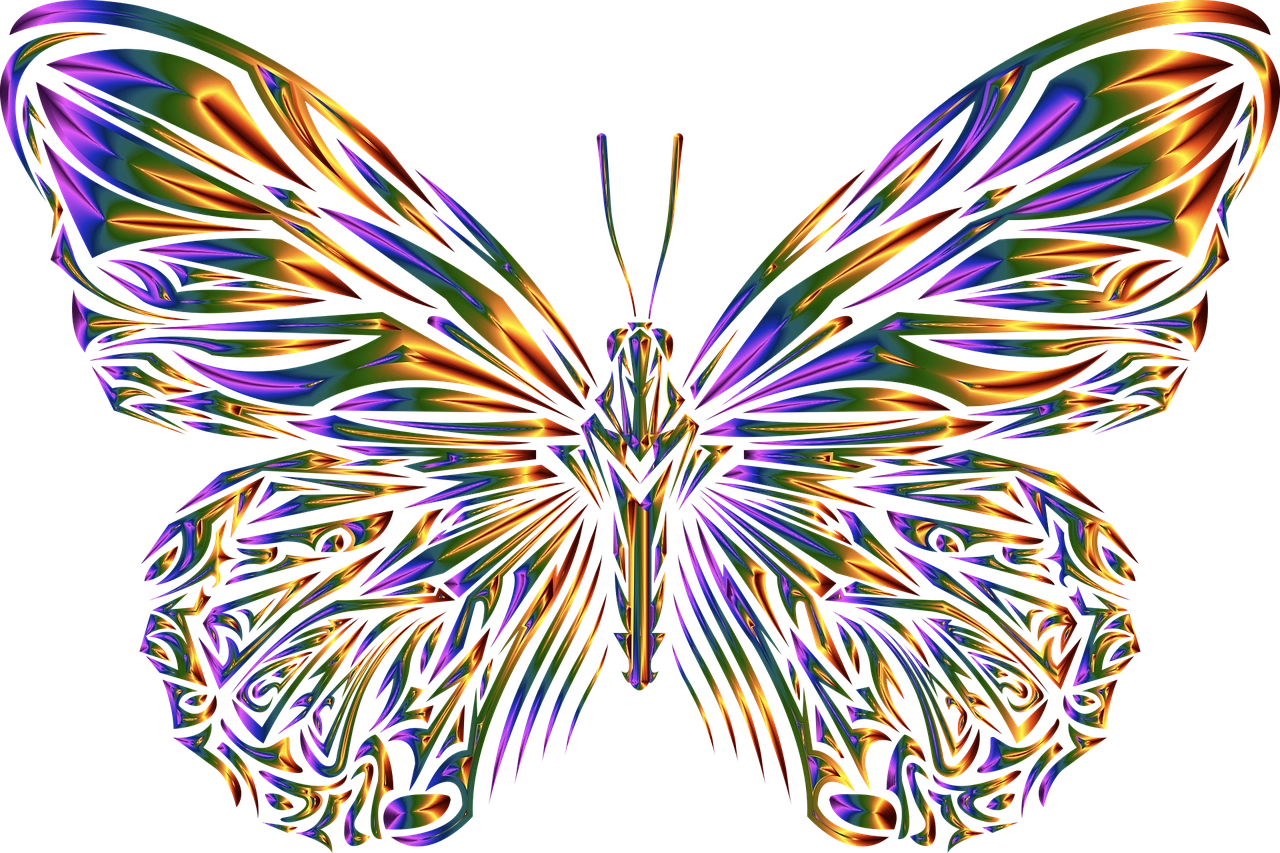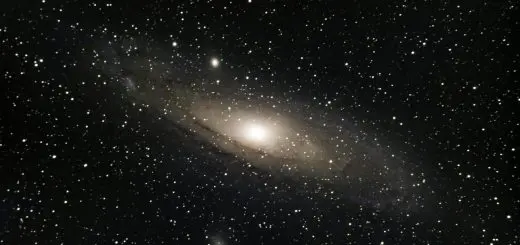Exploring Celtic Mythology: Gods, Heroes, and Legends

Looking for more amazing products? Check out our online store and explore our collection here! Happy shopping!
Before diving in, please note: This post is for informational purposes only. If you’d like to know more about how we approach topics, feel free to check out our friendly Disclaimer Page.
Hey there, amazing readers! 
We’re committed to delivering quality posts, and your support (even just sticking around despite the ads) means everything to us. So, bear with us, and thanks for helping us keep the good vibes rolling. Now, on to the fun stuff!
TRANSLATE BUTTON AT THE END OF THE ARTICLE
A Quick Overview
Celtic mythology is a rich tapestry of ancient beliefs, stories, and traditions that have been passed down through generations.
Filled with gods, heroes, legends, and mythical creatures, Celtic mythology offers a glimpse into the ancient world of the Celtic peoples.
In this article, we will explore the origins of Celtic mythology, delve into the major gods and goddesses, learn about brave Celtic heroes, and uncover the symbolism and rituals that are central to Celtic tradition.
We will also look at how Celtic mythology continues to influence modern culture and compare it to other mythological systems.
Introduction to Celtic Mythology
Celtic mythology encompasses the myths, legends, and folklore of the Celtic people, who lived in parts of Europe such as Ireland, Scotland, Wales, and Brittany.
The Celts were a diverse group of tribes with a shared language, culture, and religious beliefs.
Their mythology is a reflection of their close connection to nature, their reverence for the land, and their belief in the Otherworld, a supernatural realm that existed alongside the mortal world.
Origins of Celtic Mythology
The origins of Celtic mythology can be traced back to the Iron Age, when the Celtic peoples began to settle in different regions of Europe.
Over time, their beliefs and stories were passed down orally through generations, evolving and adapting to the changing times.
The early Celtic religion was animistic, meaning that they believed in the spirits of nature and the divine presence in the world around them.
Major Celtic Gods and Goddesses
In Celtic mythology, there are a number of major gods and goddesses who play significant roles in the pantheon.
Some of the most well-known deities include:
The Dagda: A powerful god associated with fertility, abundance, and the earth.
Brigid: A goddess of fire, poetry, and healing.
Lugh: A god of light, craftsmanship, and skill.
Morrigan: A goddess of war, fate, and sovereignty.
Cernunnos: A horned god associated with animals, fertility, and the wild.
These deities were worshipped through rituals, offerings, and ceremonies that were performed by Celtic priests known as druids.
Brave Celtic Heroes in Mythology
Celtic mythology is filled with stories of brave heroes who embark on epic quests, battle fearsome monsters, and overcome incredible odds.
Some of the most famous Celtic heroes include:
Cú Chulainn: A legendary warrior known for his incredible strength and courage.
Fionn mac Cumhaill: The leader of the Fianna, a band of warriors who defended Ireland from invaders.
Boudicca: A queen who led a rebellion against the Roman Empire.
These heroes were often accompanied by magical weapons, powerful allies, and loyal companions as they faced challenges and made their mark on Celtic folklore.
Tales of Celtic Legends
Celtic mythology is filled with tales of adventure, magic, and heroism that have captivated audiences for centuries.
From the tragic love story of Diarmuid and Gráinne to the epic battles of the Tuatha Dé Danann against the Fomorians, Celtic legends are a testament to the creativity and imagination of the Celtic people.
These stories were often used to explain the natural world, teach moral lessons, and entertain audiences around the hearth.
Symbolism in Celtic Mythology
Symbolism plays a significant role in Celtic mythology, with many gods, heroes, and creatures representing various aspects of nature, society, and the human experience.
The Celtic knot, for example, is a symbol of interconnectedness and eternity, while the triskele represents the cycle of life, death, and rebirth.
Animals such as the stag, the raven, and the salmon are also important symbols in Celtic mythology, each with its own unique meanings and associations.
Mythical Creatures in Celtic Folklore
In addition to gods, heroes, and legends, Celtic mythology is also home to a variety of mythical creatures that populate the Otherworld and the mortal realm.
Some of these creatures include:
The Banshee: A female spirit who wails to foretell death.
The Púca: A shape-shifting creature that can take on various forms.
The Selkie: A seal-like creature that can transform into a human.
These creatures often play roles in Celtic stories, serving as guides, guardians, or tricksters to those who encounter them.
Influence of Celtic Mythology on Modern Culture
Despite the passage of time, Celtic mythology continues to influence modern culture in a variety of ways.
From literature and art to music and film, the stories and symbols of Celtic mythology can be found in countless works of creativity and expression.
The popularity of Celtic festivals, such as Samhain and Beltane, also speaks to the enduring appeal of Celtic traditions and beliefs in the modern world.
Sacred Sites in Celtic Mythology
Celtic mythology is closely tied to the landscape of the Celtic lands, with certain locations believed to be sacred and imbued with mystical significance.
Sites such as Stonehenge, Newgrange, and the Hill of Tara are all associated with Celtic mythology and were believed to be portals to the Otherworld or places of power and magic.
These sacred sites were often used for rituals, ceremonies, and gatherings that connected the Celtic people to their gods and ancestors.
Rituals and Practices in Celtic Tradition
Rituals and practices were an integral part of Celtic tradition, with ceremonies held to honor the gods, mark the changing seasons, and celebrate important events.
Druids, the religious leaders of the Celtic people, were responsible for conducting these rituals, which often included offerings of food, drink, and other gifts to the gods.
Celtic festivals, such as Imbolc and Lughnasadh, were also important times for community gatherings, feasting, and storytelling.
Comparisons with other Mythological Systems
Celtic mythology shares similarities with other mythological systems from around the world, such as Norse mythology, Greek mythology, and Hindu mythology.
Like these other traditions, Celtic mythology features a pantheon of gods and goddesses, heroic figures, and creation myths that explain the origins of the world.
However, Celtic mythology also has its own unique characteristics, such as its emphasis on nature, the Otherworld, and the interconnectedness of all things.
The Legacy of Celtic Mythology
The legacy of Celtic mythology lives on in the hearts and minds of those who are inspired by its tales of bravery, magic, and mystery.
From the ancient druids who worshipped the gods to modern-day enthusiasts who study and celebrate Celtic culture, the myths and legends of the Celts continue to captivate audiences around the world.
As we continue to explore and interpret Celtic mythology, we keep alive the spirit of a people who cherished the land, honored the gods, and believed in the power of storytelling to connect us to the past and the future.
Conclusion
Celtic mythology is a treasure trove of stories, gods, heroes, and legends that have shaped the cultural landscape of Europe and beyond.
From the ancient deities who ruled over the Celtic pantheon to the brave heroes who fought against incredible odds, Celtic mythology offers a glimpse into a world of magic, mystery, and wonder.
As we continue to explore the rich tapestry of Celtic tradition, we honor the heritage of a people who believed in the power of nature, the wisdom of the ancestors, and the enduring legacy of storytelling.

The Enlightenment Journey is a remarkable collection of writings authored by a distinguished group of experts in the fields of spirituality, new age, and esoteric knowledge.
This anthology features a diverse assembly of well-experienced authors who bring their profound insights and credible perspectives to the forefront.
Each contributor possesses a wealth of knowledge and wisdom, making them authorities in their respective domains.
Together, they offer readers a transformative journey into the realms of spiritual growth, self-discovery, and esoteric enlightenment.
The Enlightenment Journey is a testament to the collective expertise of these luminaries, providing readers with a rich tapestry of ideas and information to illuminate their spiritual path.
Our Diverse Expertise
While our primary focus is on spirituality and esotericism, we are equally passionate about exploring a wide range of other topics and niches 

To ensure we provide the most accurate and valuable insights, we collaborate with trusted experts in their respective domains 
Our blog originally focused on spirituality and metaphysics, but we’ve since expanded to cover a wide range of niches. Don’t worry—we continue to publish a lot of articles on spirituality! Frequently visit our blog to explore our diverse content and stay tuned for more insightful reads.
Hey there, amazing reader! 
Check out our store here and take a peek at some of our featured products below! Thanks for being awesome!













